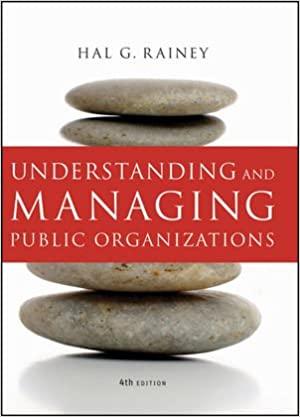Answered step by step
Verified Expert Solution
Question
1 Approved Answer
CASE IN POINT Common Mistakes in Event Management Event management has become an increasingly competitive industry. Managing an event is an arduous task and often
CASE IN POINT
Common Mistakes in Event Management
Event management has become an increasingly competitive industry. Managing an event is an arduous task and often results in stress, burnout, and attendee dissatisfaction. The following list mentions some of the most common mistakes event planners and managers make and suggests methods for avoiding those mistakes or mitigating their effects:
Poor recruiting: The success of an event depends, to a considerable extent, on the human capital, ie the staff that is assembled to run the event. Major events might rely on several managers, planners, vendors, contractors, technicians, and other staff. Event planners must recruit personnel who are capable of working to high standards and completing their tasks in a timely manner. Many event managers prefer working with freelancers. In such cases, it is crucial to check references, recommendations, and previous work history, and conduct thorough interviews before hiring a person to support an event. Event managers are well advised to demand visibility into the skills and workloads of all of their resources, including vendors, contractors, technicians, and staff.
Poor communication: Event managers need to make sure that their team members are adequately communicating with each other. It is important to create a comfortable work environment so that staff members enjoy the work they are doing. It is equally important for staff members to work well with others by communicating important information reliably. To ensure that an event runs smoothly, all relevant management and support staff must, as it were, be kept in the loop. While lack of communication and miscommunication causes problems, so does excessive and unnecessary communication, which can hamper worker productivity. Successful event planners communicate early, communicate often, and communicate adequately.
No proper risk assessment or risk mitigation strategies: No matter how well trained or experienced an events staff members are, event managers must ensure that a clients special event runs smoothly with as few complications as possible. In the real world, it is not feasible to cover every possibility, so event managers are well advised to consider risk assessment and risk management from the early stages of the planning process.
Unrealistic budgeting: Realistic budgeting can help event planners keep costs under control. Budgeting is best undertaken by experienced personnel. Potential changes in costs and adjustments to various contingencies must be accounted for in the budgeting process. It is important not to overbudget unless there is a compelling reason to do so On the other hand, cutting standards and going excessively under budget can result in a poorquality event. Clients appreciate realistic budgets. It is important to set expectations early on and strive to minimize deviations from an initial budget.
Simple process mistakes and failure to keep track of changes: Event planners will only benefit by setting up standard processes and protocols early in the planning process. It is also important to follow them whenever possible so that all staff carry out the same procedures. When circumstances change, requiring extra seating capacity, additional lights, or more china and cutlery, a formal changetracking process should be initiated that documents and communicates such changes and maintains control over outcomes. As part of a formal changetracking process, individuals requesting a change should explain the particulars to enable event managers to determine how such requests will be accommodated after considering their impact on the budget, other resources, and the timeline for an event. Event managers then communicate these changes to the relevant stakeholders.
Outdated and unexciting events: Anyone contemplating holding an event would do well to be mindful of relevant current trends. Technological innovations such as live streaming, crowdsourcing, cashless payments, mobile apps, WiFi access, drones, and social media integration should be deployed wherever appropriate to be competitive in the industry and generate attendee satisfaction. While keeping abreast of the latest technology is important, it is however, equally important not to overdo it
Discussion Questions
Which one of the mistakes listed above is likely to be the most common in the industry? Explain why.
In order of priority, which of these mistakes should event planners consider the most concerning? Explain why.
Step by Step Solution
There are 3 Steps involved in it
Step: 1

Get Instant Access to Expert-Tailored Solutions
See step-by-step solutions with expert insights and AI powered tools for academic success
Step: 2

Step: 3

Ace Your Homework with AI
Get the answers you need in no time with our AI-driven, step-by-step assistance
Get Started


